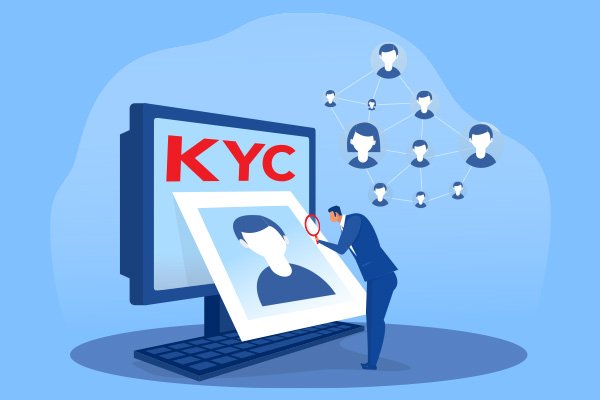
The healthcare industry is increasingly being targeted by financial, identity, and data criminals. A growing industry worth as well as the high value of medical records make it susceptible to crime.
When it comes to identity theft, KYC compliance is the only way that healthcare businesses can protect themselves and their patients.
Fraud in the healthcare industry
Fraud has infiltrated almost all industries today. Whatever shortcomings that there existed, were overcome during the pandemic. From finances to data, digital scammers are actively trying to access whatever information they can get their hands on.
In the healthcare industry, there are exceptionally high risks of fraud. Healthcare data breaches are some of the most discussed digital crimes within the industry. Unfortunately, however, this is just the tip of the iceberg.
Within the healthcare industry, medical identity theft is what is the most damaging type of cybercrime that can directly impact an individual’s life. Financial damages, emotional effects, and insurance and legal complications are just some of the ways that healthcare data theft can impact a victim.

The importance of KYC compliance for protecting the healthcare industry
KYC or know your customer refers to legal regulations that determine how a business in a particular industry should behave when it comes to authenticating its users. KYC compliance dictates how a business should interact with customers during signups as well as in regular interactions. It outlines each type of information that a business must collect from its users, how it should store it, and what the negative consequences of a lack of doing so could be.
For the healthcare industry, KYC compliance is particularly important for protecting medical health records.
- KYC compliance demands strict protection of customer data. When a healthcare business has set up stringent methods for protecting its data, breaches become unlikely. This makes the personal information of patients much more secure on the databases.
- Businesses that ensure KYC verification of each incoming patient can verify all types of information that these patients bring. For example, if a patient gives stolen credit card or SSN information, the digital KYC verification system will alert the authorities. This can result in adequate action against such individuals. Additionally, the person with the stolen identity can be notified.
Benefits of KYC online verification for the healthcare industry businesses
With modern technology evolving and new industry trends set up, utilization only brings benefits to the businesses that make use of them. Today, E KYC verification offers a unique blend of artificial intelligence and human intelligence-based systems. Both work in combination to give the most effective KYC solutions and benefits to healthcare businesses.
Understanding the identity of your customers through KYC compliance
While being very evident from the name, KYC compliance allows businesses to know who their customers are. This is both the purpose as well as a benefit of KYC compliance. Knowing the identity of your customer helps create a better bond between the customer as well as the service provider. It helps create channels that allow an improvement in the relationship between the two. While this relationship may be negligible in multiple other industries, it is of particular importance for healthcare businesses. This is because of the improved customer service systems and trust that come along with KYC compliance. Both of these are extremely important in healthcare settings.
Keeping yourself safe from financial fraud
KYC compliance is of particular importance for protection against financial fraud in all industries. For the healthcare industry, this may not be as clear as it is for others like banking or forex.
A customer bringing in a fake identity connected to a fake insurance company or account can evidently be financially detrimental to the healthcare service. Since there is no such existent person or insured account, medical processes processed or medications issued will have to be covered by the hospital or service provider themselves.
Similarly, a customer may use a stolen identity to pay for a certain process or medicine. In such a case, a chargeback or refund may occur. This, too, will affect the service provider.
Lawsuits and KYC compliance
KYC compliance through reliable online KYC verification providers is one of the most effective ways to protect yourself from external fraud. Even if your internal business processes are secure and legal, having a healthcare business puts you at risk of having to pay for other people’s mistakes. For example, if an individual steals someone’s identity to purchase a medical procedure or medication at your hospital the legitimate identity holder may file a lawsuit. This will be due to pure negligence on your business’s part. Moreover, since KYC compliance is a legal requirement, not conducting such processes can result in the incompliant businesses being penalized.

KYC compliance ensures the authentication of each individual that walks in. This makes sure that no one among your client base is doing something that may potentially harm your business.
Conclusion
Most healthcare providers today run effective KYC compliance processes to ensure that their patients are linked with insurance companies. However, this is not enough, and verifying identities as well as healthcare records is also of crucial importance.
Individuals can simply come in with stolen medical records and purchase prescription-only drugs. There are many ways that external entities can harm healthcare businesses. For such situations, KYC compliance is the one and only way to protect your business indefinitely.
You may also like:Top Industries Implementing Online Identity Verification Services






